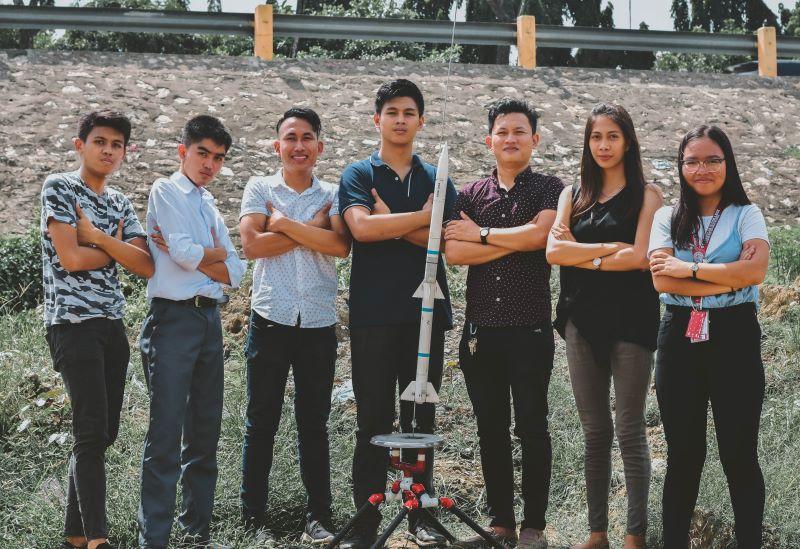Davao Oriental: A pressure loss in one of the tanks of the Tala hybrid rocket caused the delay of the launch originally scheduled in the morning of March 11 at the City of Mati airport.
Wilfredo Pardorla Jr., mentor of the young innovators from the St. Cecilia’s College Cebu, said that the rocket’s pressure loss led to insufficient supply of nitrous oxide in the tank thus their decision not to push through with the Wednesday morning launch.
It was learned that the team had to buy nitro in Davao City.
City of Mati Mayor Michelle Nakpil Rabat met with the rocketry team on Thursday afternoon and gave financial assistance to the young inventors for their fuel need so they could push through with the launch.
Pardorla said once they have purchased the needed materials and confirmed with the Civil Aviation Authority of the Philippines as to the next schedule of their launch, they will announce it to the public.
CAAP had earlier given them a 30-minute time frame, from 8:00-8:30 am of March 11, to launch their hybrid rocket which was supposedly the first civilian hybrid rocket in the country.
Tala is the result of year-long research under the Department of Science and Technology – Philippine Council on Industry, Energy and Emerging Technology Research and Development (DOST-PCIEERD) Young Innovators Program.
The project is also in coordination with the Civil Aviation Authority of the Philippines (CAAP) with regards to airspace regulations and safety.
The team behind the rocket invention is composed of former junior high school students of St. Cecilia’s College-Cebu who are now in their senior high and college.
Made from what the team described as “advanced composite materials,” the TALA hybrid rocket measures 10 ft and weighs 15 kg. It has built-in sensors that can track the launch vehicle’s flight dynamics, an on-board GPS, a dual parachute deployment system, and ample space to carry a CanSat at approximately 4 to 5 km.
Can satellites (CanSats) are educational satellites equipped with various sensors that can gather data about the environment. Based on their tests and simulations, the rocket can reach the speed of sound. (CIO MATI)

